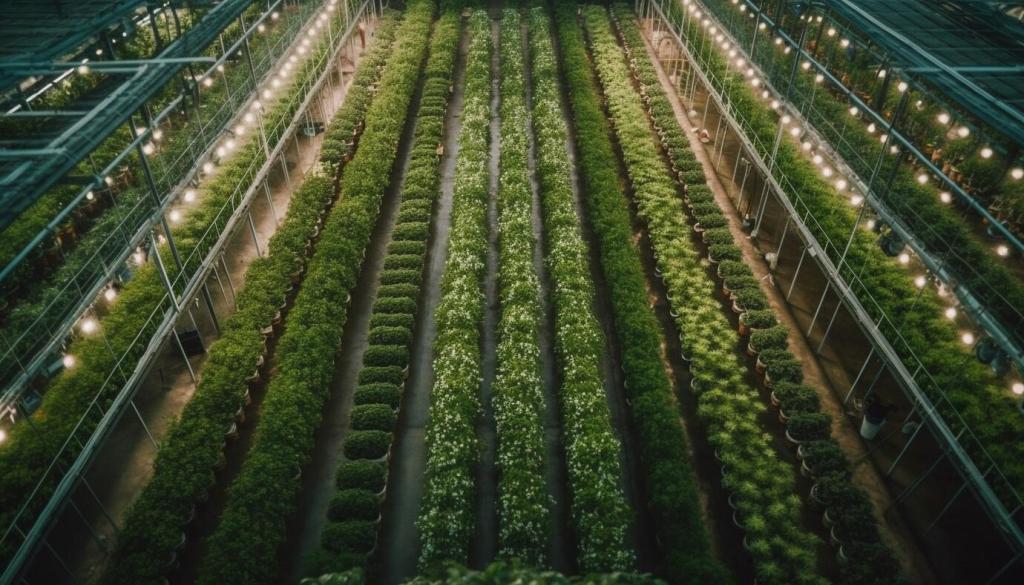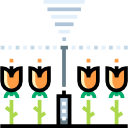Benefits of Sustainable Urban Agriculture
Sustainable urban agriculture is transforming city landscapes by integrating food production into the urban fabric in ways that benefit individuals, communities, and the environment alike. By embedding food-growing initiatives within neighborhoods, rooftops, community gardens, and even vertical structures, cities open up new opportunities for resilience, health, and ecological stewardship. Embracing sustainable principles ensures these systems support both immediate and long-term prosperity for urban dwellers, fostering a sense of connection, empowerment, and responsibility toward local ecosystems. The advantages span economic, environmental, social, and health domains, signaling why sustainable urban agriculture is gaining momentum in modern urban development strategies.

